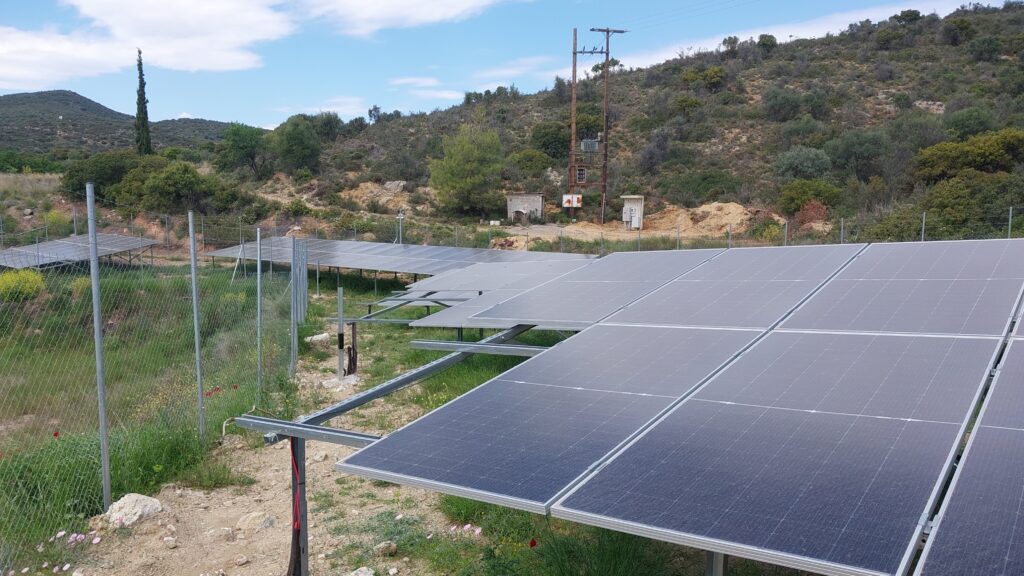Energy poverty, a widespread issue impacting millions across the European Union (EU), remains a critical challenge with far-reaching social, economic, and environmental implications. The concept encompasses the lack of affordable, reliable, and clean energy services, directly affecting the quality of life for vulnerable citizens. Recognizing this, the EU has made significant steps, emphasizing the urgency to address energy poverty in alignment with sustainable development goals.
Current State of Energy Poverty in the EU:
With an estimated 41 million citizens affected, energy poverty persists as a significant socio-economic challenge in the EU. This issue becomes more pronounced during the winter and summer months when households struggle to keep their homes adequately warm or cool. The recent 2021 energy crisis has underscored the fragilities in the European electricity market, particularly the disconnect between the cost of energy production and its final consumption, leaving energy-poor and low-income consumers vulnerable to volatile conditions.
Acknowledging the gravity of the situation, the EU has intensified its efforts from the introduction of energy poverty concepts in Directive 2009/72/EC to the recently published EU Recommendation and guidance on energy poverty (Commission Recommendation (EU) 2023/2407). This highlights a commitment to ensuring universal access to essential energy services and products for vulnerable consumers.
Challenges and Opportunities:
While the potential of energy-sharing is recognized, legal frameworks and energy-sharing models are still in early stages or nonexistent in certain EU countries. The latest European Commission Recommendation highlights the need for wider energy sharing and emphasizes that active participation in the energy market is often inaccessible to lower-income households.
Our approach:
Recognizing the inadequacies of traditional energy delivery models, Collective Energy (COEN) has emerged with a visionary approach to address energy poverty through innovative and community-centric energy-sharing solutions.
COEN is committed to delivering sustainable and equitable energy solutions by introducing the concept of collective self-consumption. The initiative considers empowering vulnerable consumers through the energy sharing scheme, by providing a part of the produced energy to vulnerable households. The vulnerable households are supported without having any obligation towards the energy community, enjoying the benefits of the sharing mechanism. Moreover, COEN plans to develop education programs, workshops, and training on energy-efficient practices and technologies to further empower vulnerables in the local area. COEN aims to dispel outdated notions, emphasizing the importance of education, training, and proactive support for its members and the local community.
As the EU navigates its ambitious climate and energy goals, addressing energy poverty becomes indispensable for an inclusive and just transition. COEN’s pioneering efforts, showcase a collective drive towards a more sustainable and equitable energy future, ensuring that no citizen is left behind in the pursuit of universal access to affordable and clean energy services.
If you are interested in learning more about COEN or the energy sharing model, please visit the COEN website or contact the COEN team.
Thank you for reading!
Everything about the Athens pilot can be found here. If you are curious about the latest news of the RESCHOOL project, please check out website and follow us on LinkedIn and Twitter.
Specific Links: / https://www.linkedin.com/in/collective-energy-cooperative-75908526b/, https://www.facebook.com/profile.php?id=100091112043358 , https://coen.coop
